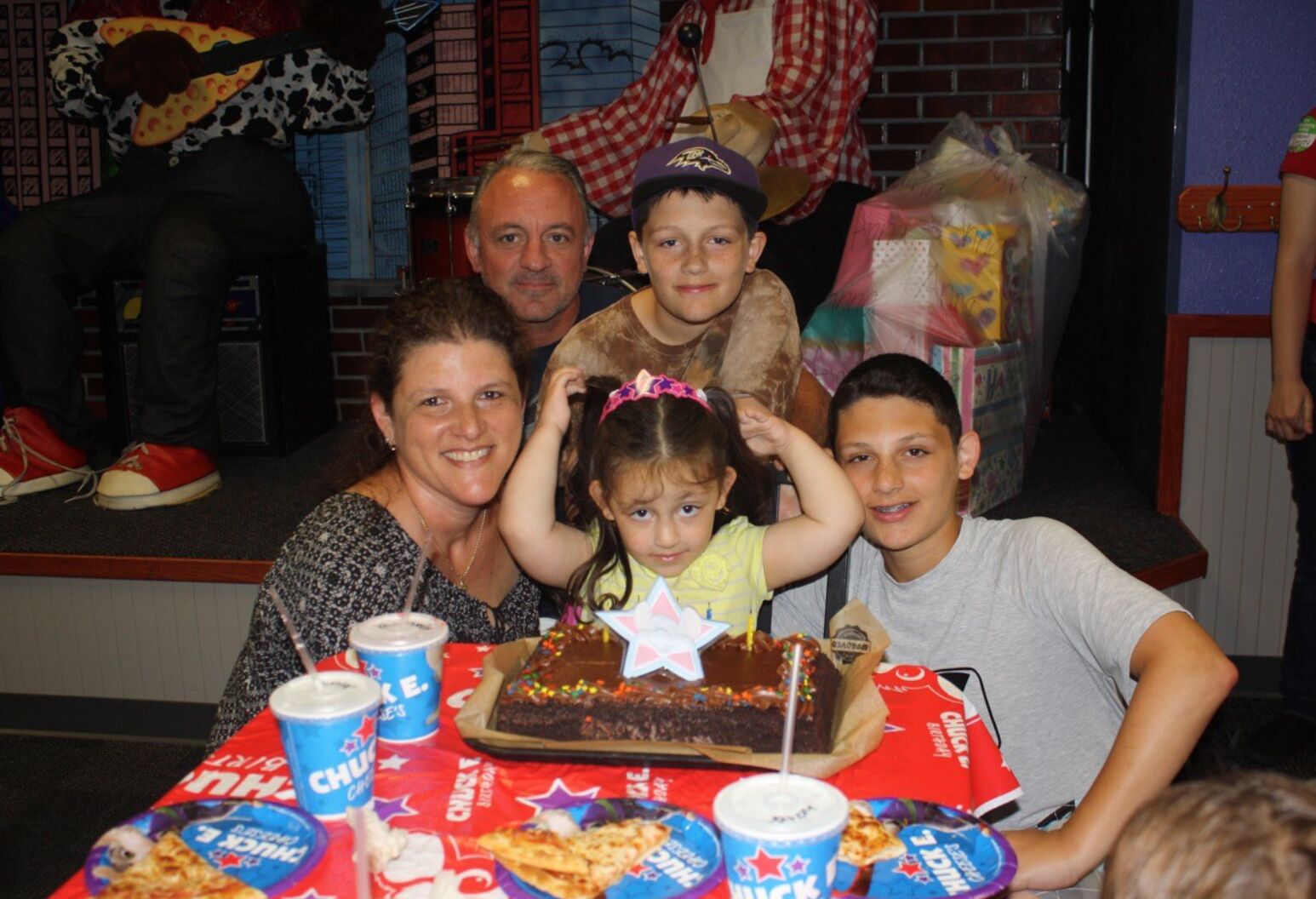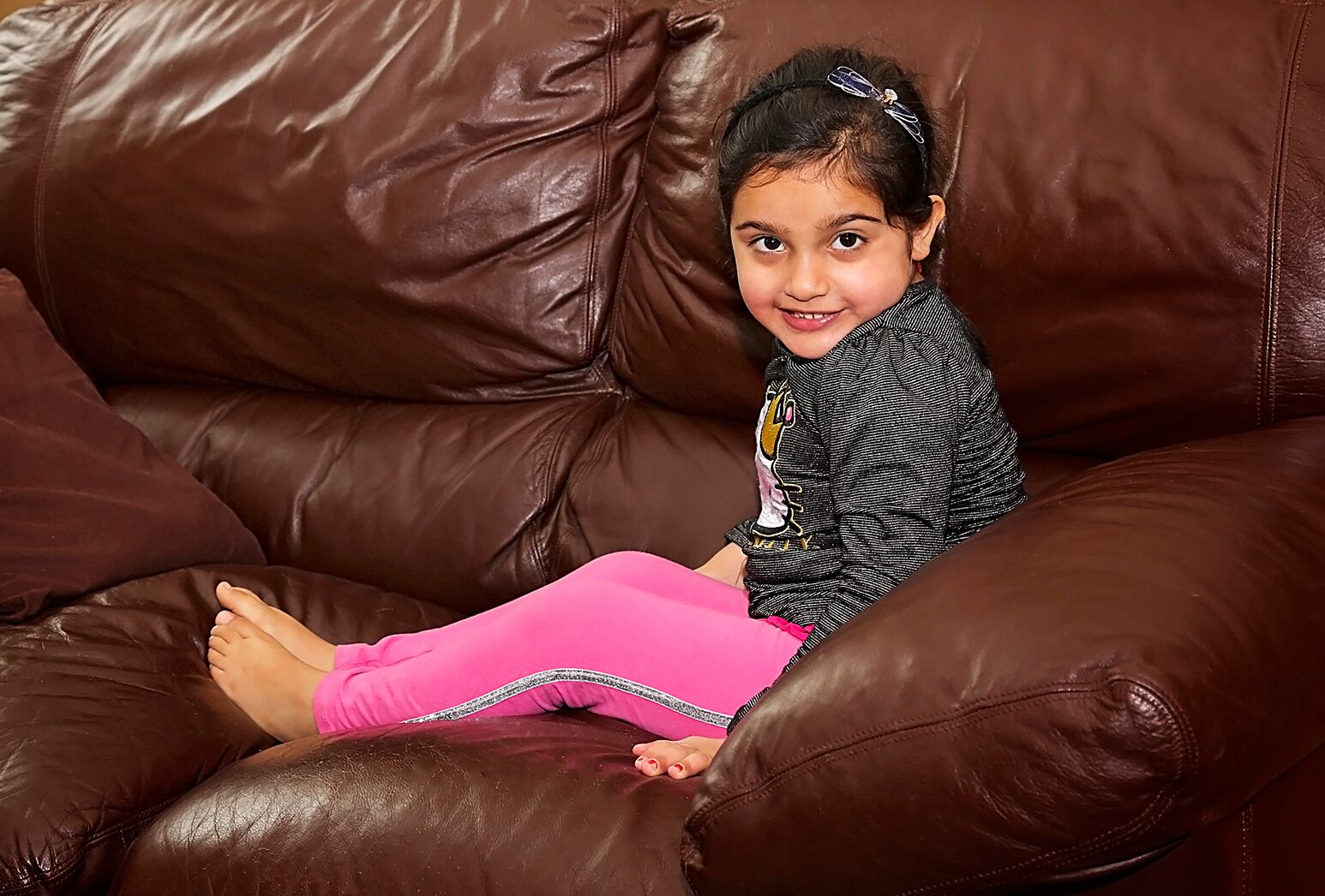Pediatric Epilepsy Center

About us
Epilepsy is a common chronic disorder, marked by recurrent, unprovoked seizures. We are a Level 4 Epilepsy Center, which is the highest designation for epilepsy centers in the United States. The designation was awarded by the National Association of Epilepsy Centers (NAEC), which evaluates the appropriateness and quality of specialized epilepsy care. We offer leading-edge epilepsy management and a better quality of life for your child.
Our team is led by dedicated pediatric epileptologists, or neurologists with board certification in epilepsy/clinical neurophysiology after additional epilepsy fellowship. Our team also includes genetic counselors, social worker, pediatric neuropsychologist and dietitian. We collaborate with other specialists as needed to ensure that we provide comprehensive care tailored to your child's unique needs.
Advanced diagnosis & treatment
At your child’s first visit to the Pediatric Epilepsy Center, a thorough history and physical will be completed. Based upon the outcome of the evaluation, metabolic and genetic testing may be requested, as well as brain imaging and an electroencephalogram (EEG). An EEG is a test to measure and record the electrical activity of your child’s brain using sensors (electrodes) attached to the head. The sensors are hooked by wires to a computer that details brain electrical activity on a screen. Changes from the normal pattern of electrical activity can help the epileptologist to characterize the seizure type.
At the Pediatric Epilepsy Center, we offer:
- Long-term inpatient video-EEG monitoring—Children are admitted to the hospital for continuous video-EEG monitoring.
- Long-term ambulatory EEG—24-hour home-bound EEG monitoring is also available to rule out seizures or to further define and quantify the seizures.
- Combined sleep study and video EEG—Our leadership has a unique strength, as we also offer a sleep study at the same time as a video EEG. Many sleep conditions may be misdiagnosed as seizures and poor sleep may complicate seizure control. At Cohen Children’s, we have the expertise and leadership to understand and manage these complex interactions.
Once your child has been diagnosed with epilepsy, a treatment plan will be put into place. This can include medications to prevent seizures, a special ketogenic diet or surgery. A plan will also be discussed on how to manage the next seizure. We recommend that this plan is shared with your child’s school and/or daycare provider so that specific steps are followed for each possible recurrence.
Medically refractory epilepsy
Two-thirds of children diagnosed with epilepsy will be well-controlled on a single anti-seizure medication, and most children outgrow the seizures. However, one-third of children with epilepsy are not controlled by two or more anti-seizure medications (known as refractory epilepsy). These children present a medical challenge, and we use a myriad of team members to help diagnose and treat them. In some cases, we use techniques like 3T MRI, PET scan ,WADA test or functional MRI and neuropsychologic profile to determine if the seizures are originating in a focal region of the brain. All the data is reviewed in the weekly multidisciplinary conference attended by several epileptologists, neuroradiologists and neurosurgeons. A consensus as to further steps in the treatment process is reached. Here are some of the treatments offered:
- Resective surgery: Some children may go for a single stage resection of a brain area whereas others, particularly the ones with a negative MRI, may need to get intracranial EEG monitoring. A surgeon places electrodes (either subdural strips or stereo EEG with the help of a robot) and the epileptologist evaluates the data captured from seizures induced in a highly monitored set up in the PICU. A bedside cortical mapping procedure may then be undertaken to assess the function in the focus slated for resection.
- LITT and thermoablation
- Disconnective surgeries like hemispherotomy or corpus callosotomy
- Neurostimulation: Our team is well-versed in managing vagus nerve stimulator devices, including those with an autostimulation feature. (Responsive Neuro Stimulation may soon become a technique available to the pediatric population.)


